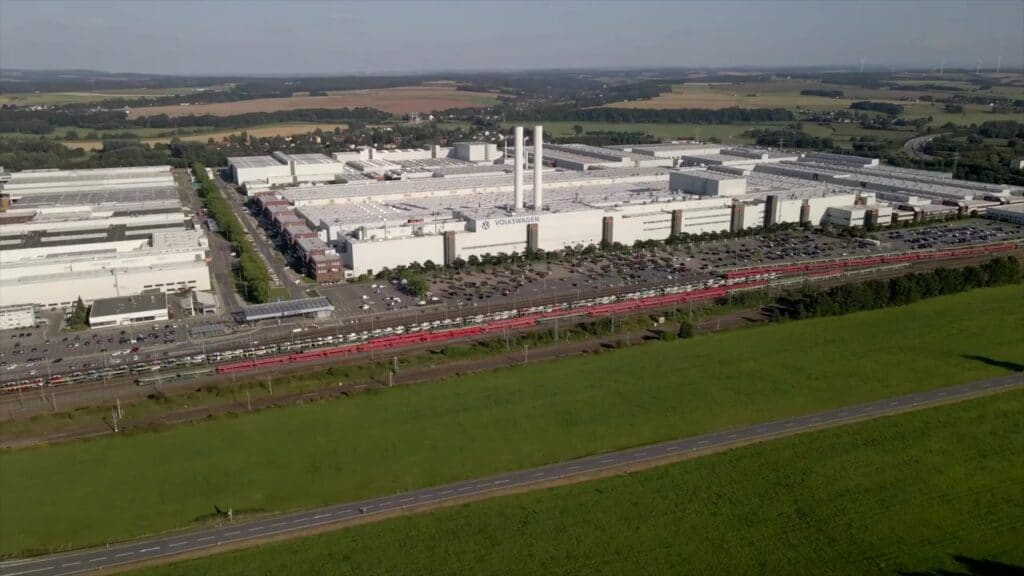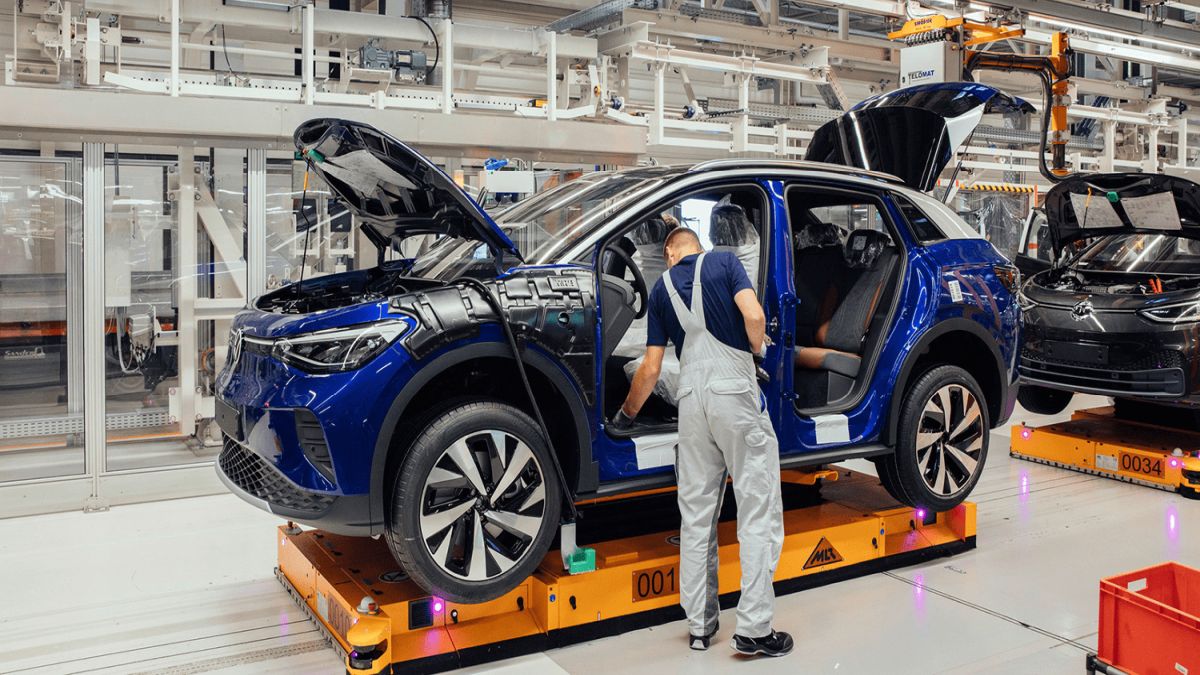The conflict between Russia and Ukraine, as widely described in recent weeks, is causing severe supply problems for many auto companies. In fact, part of the electrical system of many cars is produced in the country under attack, and the interruption of activities has forced many assembly lines to stop. After a few weeks of intermittent outages, the Volkswagen Group has announced the resumption of production at its electric car plants.
At the beginning of this month, it was announced that production will be stopped for a few days, mainly at the plant in Zwickaua maneuver that was then extended to other factories such as the one in Dresden.
Although it was initially estimated that the outages would only last a few days, it was soon reported that Zwickau would be closed until April due to a lack of supply parts on assembly lines. Now, as it reports Automotive News Volkswagen is ready to make up for lost time by announcing that it will be back in business starting this week.
Volkswagen Group, the resumption of production is due to the Ukrainian company Leoni
The crisis does not only concern Volkswagen itself, given that the lack of components is affecting all the brands of the group. Audi, CUPRA and even Porsche were forced to stop at various factories, namely those in Zwickau, Dresden, Bratislava. To tell the truth, however, it seems that the most affected were the models using the MEB platform, which are the cars with the greatest volume within the German conglomerate. The automaker is also ramping up production of the VW Golf a Wolfsburg faster than originally expected.
 The Zwickau plant
The Zwickau plant
The return to “normality” is due a Leonithe largest cable harness supplier, che has increased production at some of its factories in Ukraine. Unfortunately, the company has also announced that it does not know what its actual production capacity will be, or whether it will be forced to make other stops given the delicate situation in the country. Its workers face numerous restrictions due to the conflict, especially when it comes to being able to reach factories, as well as the inherent dangers of leaving the safety of their homes.
















Leave a Reply
View Comments